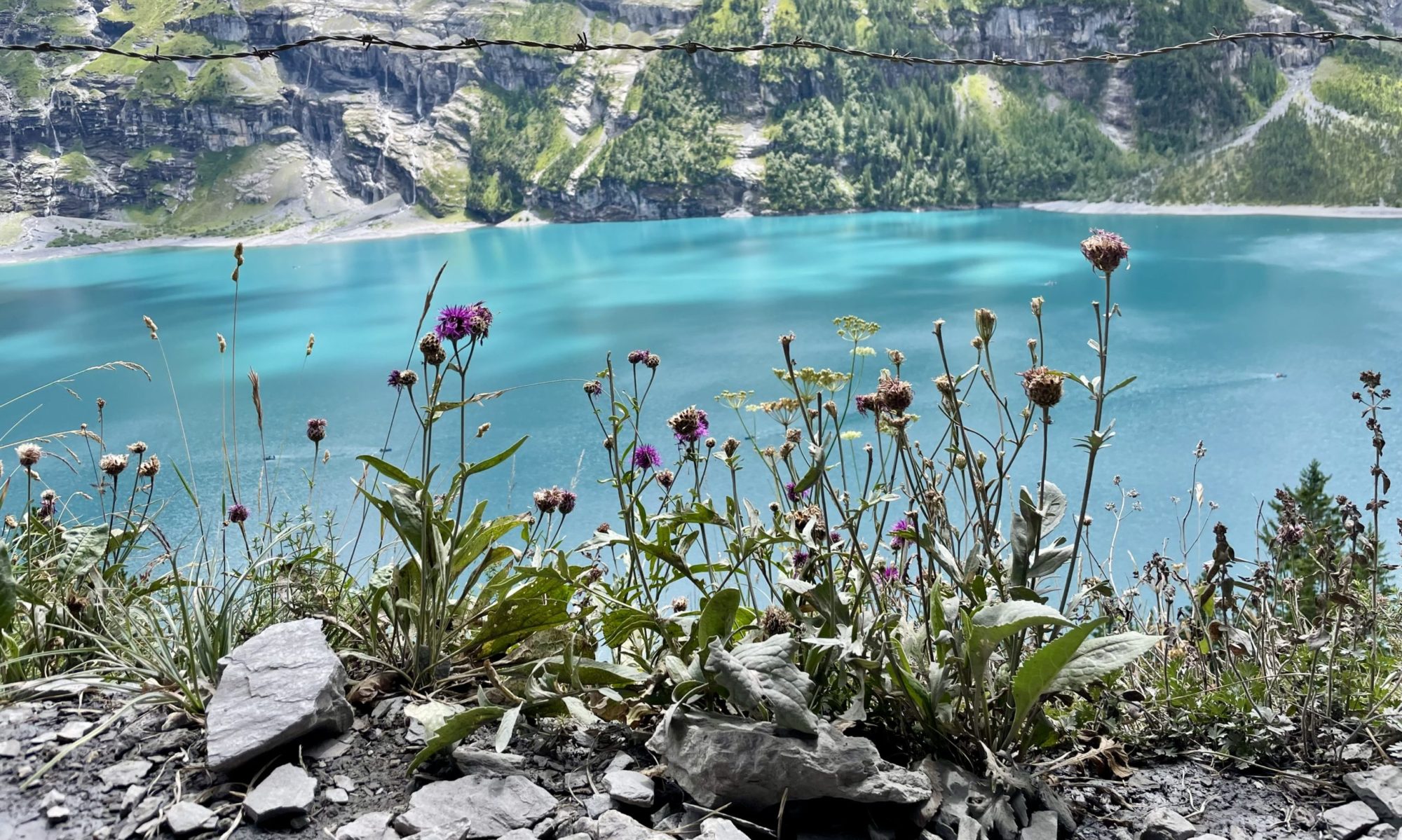Yesterday I experienced that beautiful feeling of excitement that comes with receiving a new book through the mail. It was a special kind of book, a reproduction of a historical book, carefully digitally reproduced, fixing imperfections, while keeping the original format. Introducing: „Faune rhizopodique du bassin du Léman“, by Eugène Penard.

I came across the reference to this book a few days ago, while researching and fact-checking for my work in progress, The hidden world of testate amoebae. The author name might sound familiar if you follow my social media, not so long ago posted a link on The hidden world of microorganisms facebook page about a website called penard.de, that shares incredible pictures of amoeboid protists. The Penard Lab, situated in Berlin, is indeed named after the Swiss biologist E. Penard.
Eugène Penard
Penard was born in 1855 in Geneva and after years of studying and teaching, in 1886 he started focusing his research on protists. During his life he described more than 530 new species of protists, many of which were testate amoebae. He did an incredible service to the scientific world, at a time when microorganisms could only be detected and described with painstaking observation of samples through a microscope. He also created approximately 900 slides, that have been recently digitalised through a collaboration between the natural history museum of Geneva, the Laboratory of Soil Biodiversity of the University of Neuchâtel and Wikimedia CH, Switzerland.
My copy of the book is a reprint, written with small font on very white paper, so not at all the same experience as to read it when it was first published in 1902. But still, reading the introduction in an old French, I started to imagine how it must have been to make science at that time.
Of course, if we really think about it, for me it would have been extremely difficult to do science at that time, being a woman from a working class family and all, but let’s forget about it for a second.
Then
Reading the introduction I found myself imagining a time where scientists would go to libraries and read through books and papers to look for informations. They would travel to far away universities to meet the experts in their field. For a moment I had a little nostalgia of a time I never knew.
Now
Scientists still read papers and travel to conferences to discuss science, but they do it by looking up papers in a 5 minutes key-words search, followed by maybe an hour of alpha-reading through a few papers, at the same time as they wait for some analyses to finish their run, all the while arguing on twitter with deniers and trolls, compiling reimbursement forms for their last conference trip and scheduling meetings with students. Sometimes I wonder, where is the wonder gone. Do we still have time to sit and think? To listen to somebody’s opinion without at the same time google something else and prepare our answer?
Next?
Of course, we don’t all have access to the stunning surrounding that Eugène Penard enjoyed, but if I had a say on it, I would argue that wherever we are, geographically as much as career-wise, we need to slow down, we need to appreciate, we need to have time to think, and feel, and be.

PS. It is highly improbable that I will ever actually use the book in the way it was meant to be used, but it’s history and it’s a book. I love books. That’s me.
